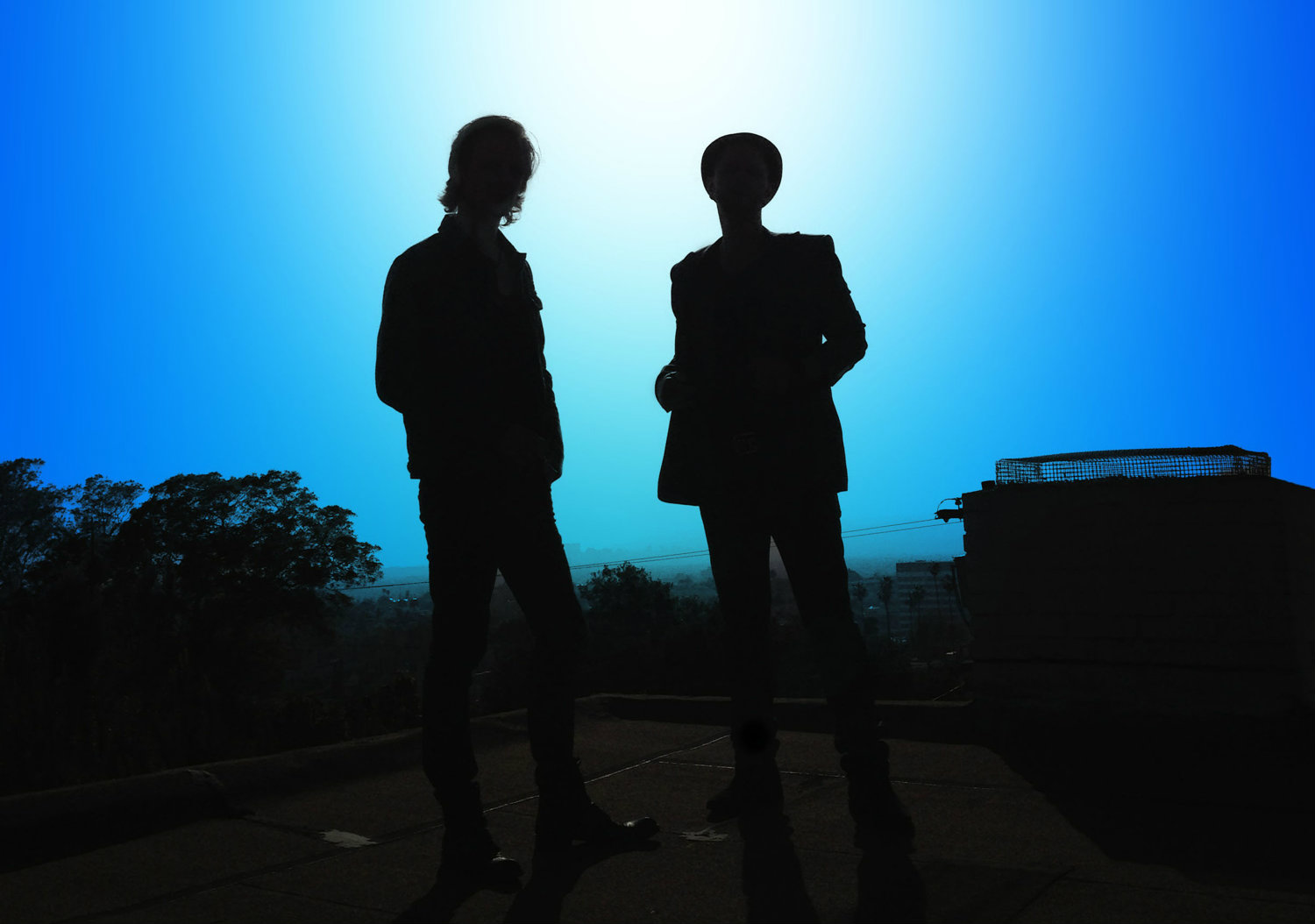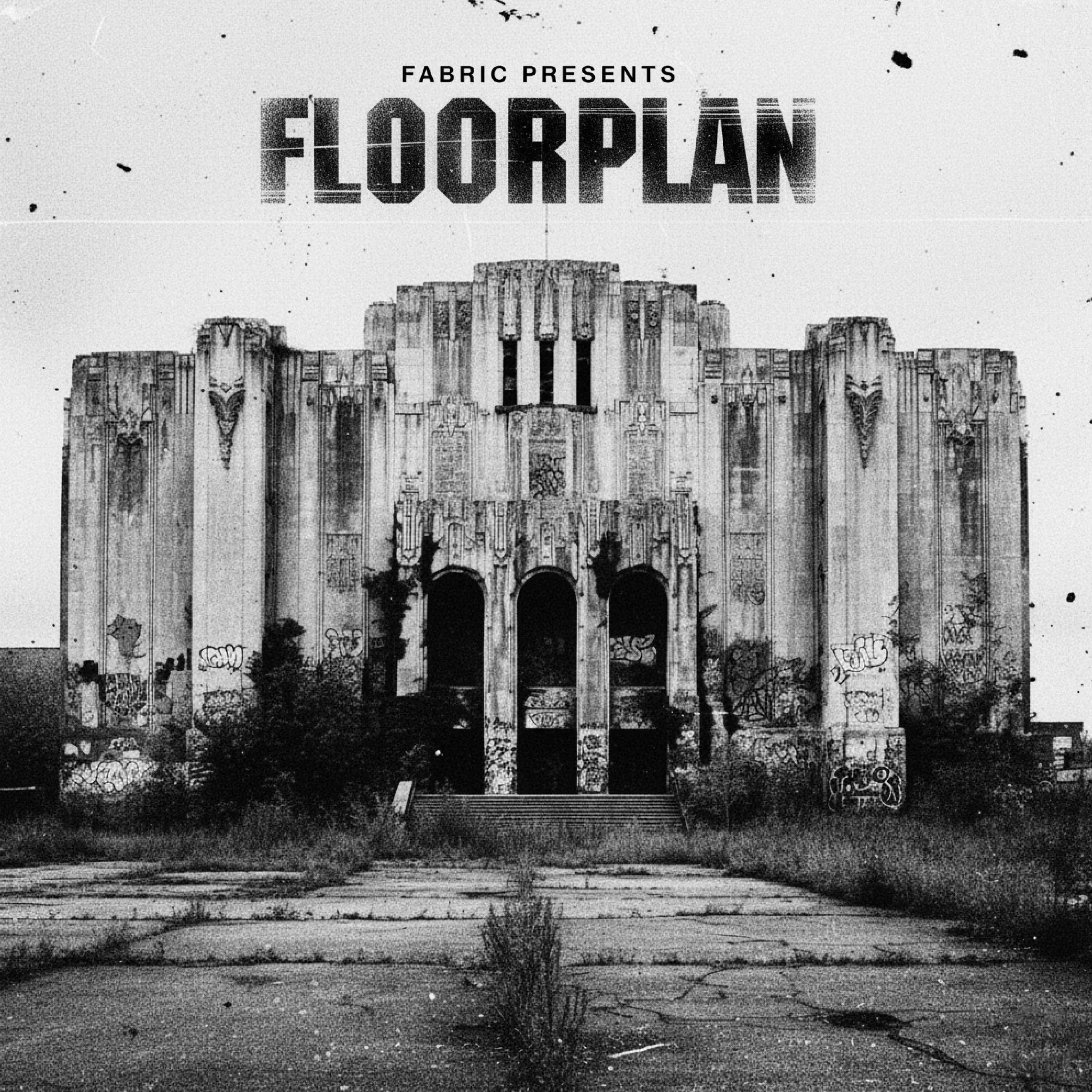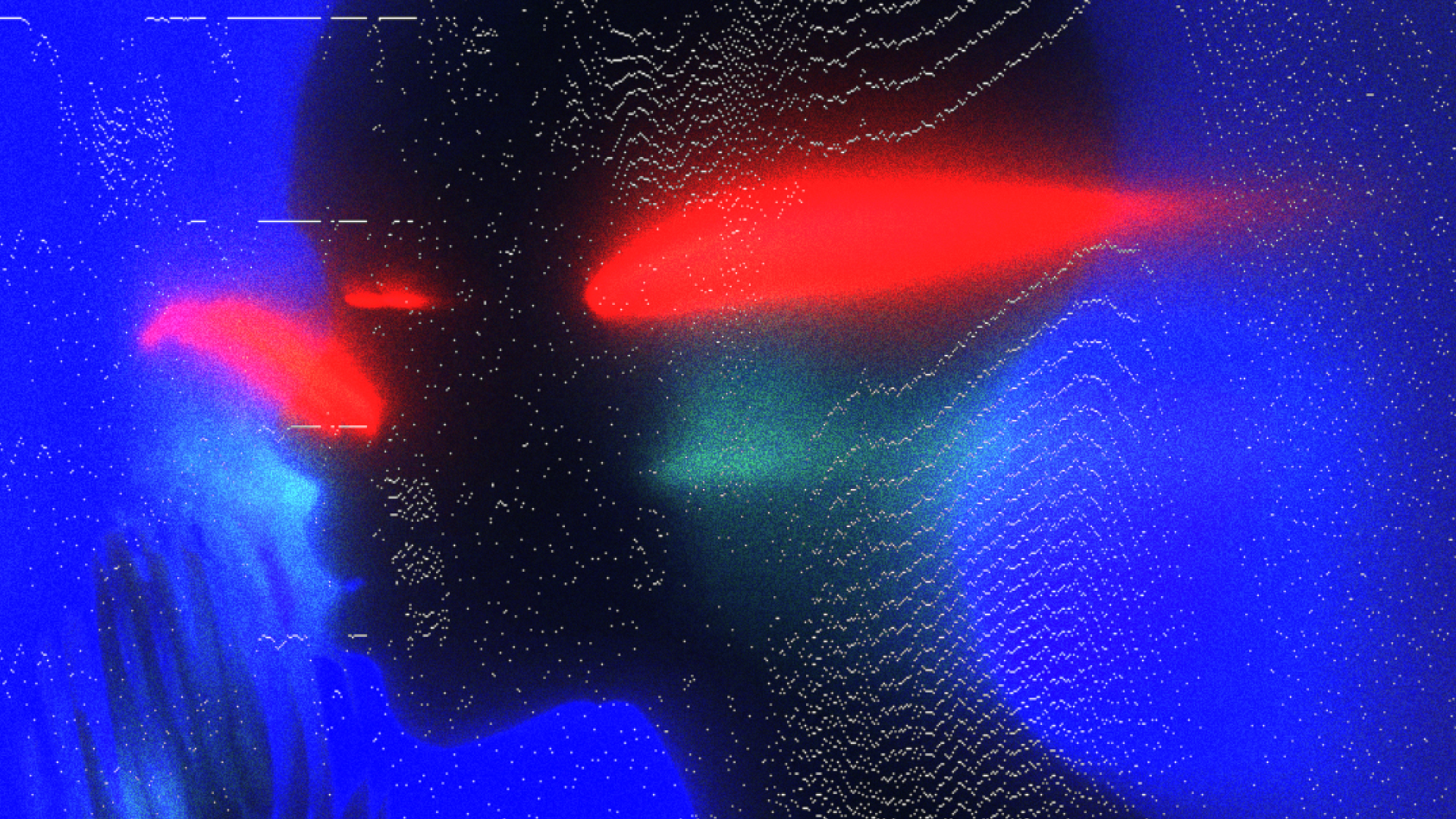News
In Depth: Booka Shade reflect on their early EC1 memories
 There are very few electronic artists that find appeal on a global level, but Walter Merziger and Arno Kammermeier seem to have found the formula. After forming as a synth pop group in Frankfurt in the 90s they began writing club-leaning fare as Booka Shade, with many of their releases later becoming worldwide hits. A big part of the success they’ve found is Get Physical, the label they’ve been running and releasing on alongside DJ T and M.A.N.D.Y for the last 15 years.
Outside of the studio the pair are best known for their impressive live performances, with which they’ve played sell-out shows and festivals across the world. They also have a significant history with us – when they first came to the UK, their debut show took place right here in Farringdon. When we Skyped Arno ahead of their live performance in Room One on 6th October, their experiences of playing here in EC1 was one of the main points he discussed.
Your music careers started in Frankfurt, but what made you decide to move to Berlin?
Walter and I had been producing electronic music since we were 20 or so. From the early to mid-90s, Frankfurt became a very interesting place for us because of the electronic scene. We worked for labels like Sven Vath’s Eye Q, and it was a vibrant scene. By the early 2000s the run to Berlin had started, it was a very enthusiastic time. There was a general idea of building a scene there; record companies moved there, and it became the new capital for music in general. Even outside of electronic music, Berlin was the place. For us we weren’t just involved in Booka Shade, as we also produced music for others. Everyone was up for something new, so it was a very inspiring time.
Were there any particular parties or moments that had a big impact on you?
One night and day I’ll always remember is the first time I went to Panorama Bar. Walt and I produced music for the acts on Get Physical, and DJ T, one of the acts we work with on the label, had a gig there. He said ‘why don’t you join me?’, and picked us up at something like 5am because he had one of those crazy play times. This was in the old Ostgut building, before it relocated to the new site at Berghain. This was where I experienced the Panorama Bar vibe for the first time. We used to go out just to dance quite frequently.
So you were still very much consuming music as well as producing.
At the time, it was like that. Nowadays, it’s less of a thing for us. When you travel and play a lot, whilst having families as Walter and I do, you have to work out your time properly. A lot of the time is consumed by playing and travelling, then you have time a home. So for us it’s quite rare we go out elsewhere.
Where did you first come into contact with M.A.N.D.Y.?
We knew each other from our time in Frankfurt. Get Physical was founded there, but we did eventually move to Berlin. Alongside DJ T and M.A.N.D.Y, we were always producing in the studio we had in Frankfurt. It was actually through M.A.N.D.Y that we started our first live show. They would come back from gigs and say ‘you have to see when we’re playing your tracks, people love it.’ We weren’t DJs, so we figured as Walter plays keyboard and I play drums, this could translate into a live act that would work in clubs.
There are very few electronic artists that find appeal on a global level, but Walter Merziger and Arno Kammermeier seem to have found the formula. After forming as a synth pop group in Frankfurt in the 90s they began writing club-leaning fare as Booka Shade, with many of their releases later becoming worldwide hits. A big part of the success they’ve found is Get Physical, the label they’ve been running and releasing on alongside DJ T and M.A.N.D.Y for the last 15 years.
Outside of the studio the pair are best known for their impressive live performances, with which they’ve played sell-out shows and festivals across the world. They also have a significant history with us – when they first came to the UK, their debut show took place right here in Farringdon. When we Skyped Arno ahead of their live performance in Room One on 6th October, their experiences of playing here in EC1 was one of the main points he discussed.
Your music careers started in Frankfurt, but what made you decide to move to Berlin?
Walter and I had been producing electronic music since we were 20 or so. From the early to mid-90s, Frankfurt became a very interesting place for us because of the electronic scene. We worked for labels like Sven Vath’s Eye Q, and it was a vibrant scene. By the early 2000s the run to Berlin had started, it was a very enthusiastic time. There was a general idea of building a scene there; record companies moved there, and it became the new capital for music in general. Even outside of electronic music, Berlin was the place. For us we weren’t just involved in Booka Shade, as we also produced music for others. Everyone was up for something new, so it was a very inspiring time.
Were there any particular parties or moments that had a big impact on you?
One night and day I’ll always remember is the first time I went to Panorama Bar. Walt and I produced music for the acts on Get Physical, and DJ T, one of the acts we work with on the label, had a gig there. He said ‘why don’t you join me?’, and picked us up at something like 5am because he had one of those crazy play times. This was in the old Ostgut building, before it relocated to the new site at Berghain. This was where I experienced the Panorama Bar vibe for the first time. We used to go out just to dance quite frequently.
So you were still very much consuming music as well as producing.
At the time, it was like that. Nowadays, it’s less of a thing for us. When you travel and play a lot, whilst having families as Walter and I do, you have to work out your time properly. A lot of the time is consumed by playing and travelling, then you have time a home. So for us it’s quite rare we go out elsewhere.
Where did you first come into contact with M.A.N.D.Y.?
We knew each other from our time in Frankfurt. Get Physical was founded there, but we did eventually move to Berlin. Alongside DJ T and M.A.N.D.Y, we were always producing in the studio we had in Frankfurt. It was actually through M.A.N.D.Y that we started our first live show. They would come back from gigs and say ‘you have to see when we’re playing your tracks, people love it.’ We weren’t DJs, so we figured as Walter plays keyboard and I play drums, this could translate into a live act that would work in clubs.
"I’ll always remember the first time I went to Panorama Bar."What was your vision for Get Physical when you first started? We didn’t have a vision as such. Nowadays everything is professionalised, so you have the act, the label, the party series, and social media… in those days it was really for the love of music and creating something new. Everyone involved in Get Physical had a career prior to the label launching, and they wanted to do something new. We were producers, but we wanted to try something else. We got tired of making music for big record labels. We wanted to be our own bosses in a way. We got together, and realised we wanted to make music that combined melody, storytelling basslines, and a disco feel. It just happened, and we were very lucky that we filled a void. Do you remember the writing process behind your biggest records? I remember the way we wrote a lot of the songs. Usually it’s quite a long process with producing. The idea is usually there, but it takes a long time to find the right production and sound. We try to produce music that you can listen to many times without getting tired, which is challenging. With a song like In White Rooms in particular, the riff sounds very simple, but it’s quite difficult to remix because of the progression in the harmonies. There’s always a slight change, but it’s important for the feel of the song. The other extreme is a song like Body Language. We looked at the old files for it when we released the Movement album for the 10-year anniversary last year, and there were one or two earlier versions where we had a different bassline. The one you hear was added very soon after that, so the process can be fast. Did you know that Mandarine Girl is the best-selling record ever in Phonica Records? How much of a stronghold was the UK for you in 2006? Really? Although I’m not there regularly, Simon Rigg [Phonica Records founder] is a very old friend. When we talk about London, this brings us onto our history with fabric. Our first ever UK show was at fabric in 2005, and it was an important moment in our careers. That show was the start of our careers in the UK really, and it was in fact one of the first shows where we played Mandarine Girl for the first time. We often try out unreleased songs in the show, and the feedback we received was massive. Every fabric show we’ve played since has been a key part of our history. Was there any aspect of coming to the club that stuck in your memory? Around the time we first came to play, we didn’t have a crazy touring schedule. A lot of things were very fresh. I remember, as everyone does, going down the staircase and seeing the main room. We were intimidated, because we had heard a lot about the club. It was our first time coming to new cities, meeting promoters, and seeing how touring could be. I remember being very excited by it all.
"Our UK debut at fabric was an important moment in our careers."How much did you know about London’s underground club scene? At the time we were studio kids, which meant we only ever left to go home and sleep for a couple of hours. We were less familiar with the whole nightlife and DJ culture experience. It was almost as if we were bringing our studio on stage to do the same thing. What’s the main thing that keeps you inspired? Looking for new challenges as a songwriter keeps you going – especially when it comes to club music. You have to find new sounds, experiment with them, and think how you can retell the story in a different way, while still being recognisable. One thing we’re proud of is how we created a sound universe that’s recognisable. In pop music, if a group has a singer with a certain voice, the music can change but you’ll always recognise them because of the singer. With electronic music it’s harder, because you need to find a certain type of sound that stands for the act. I believe we created that with Booka Shade. It’s hard work, because the longer you produce music, the longer it takes to be satisfied with something new. Is there anyone in dance music that you feel has that distinct voice too? Coincidentally, somebody I really enjoy listening to, who also played at the club recently is Patrice Bäumel. While he’s been around for quite a while, he’s doing particularly well right now. How much new music do you have coming out? Next month we’re putting out a boxset of our Galvany Street album from earlier this year, as well as some more remix material. While Galvany Street had roots in indie pop, we’re now very much focussing on club material. At the moment we’re playing a lot of unreleased material, and that’s how our gig at the club will be too. It’s very new and exciting. It’s a new chapter.
Tags
No items found.




